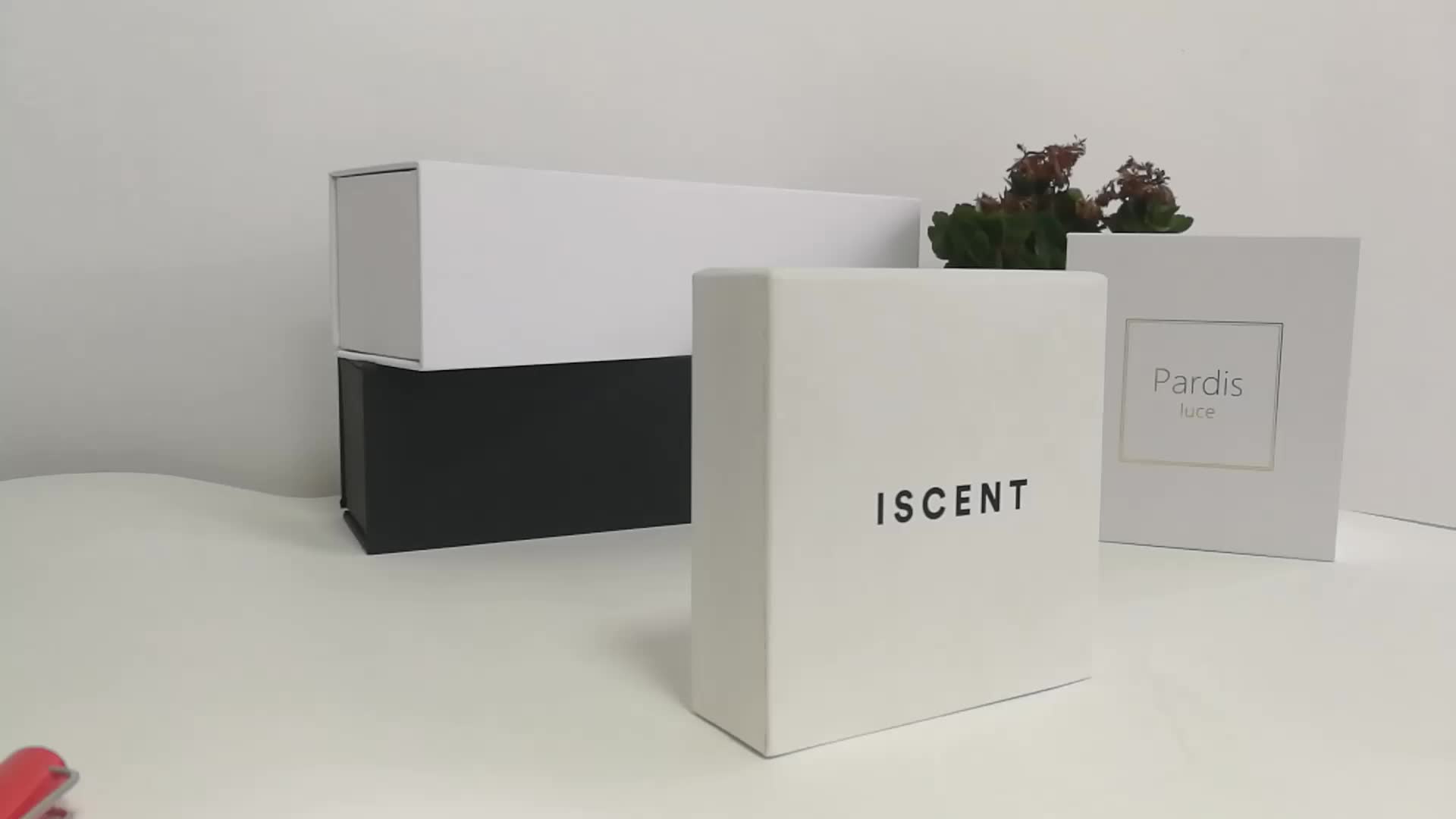In the heart of London, where coffee shops, juice bars, and tea stalls line every corner, the humble paper cup has become a symbol of the city’s fast-moving lifestyle. As consumer demand for convenience and sustainability grows, hot and cold paper cups are becoming essential to London’s ever-expanding food and beverage industry. These versatile cups are not just vessels for drinks — they reflect a shift in environmental awareness, design innovation, and urban dining culture.
A City Fueled by Cups
Every morning, millions of Londoners grab their caffeine fix from chains like Costa, Pret A Manger, and Starbucks, or from local independent cafés in neighborhoods like Soho, Hackney, or Notting Hill. Most of these drinks are served in disposable paper cups — insulated for hot drinks like lattes and flat whites, or double-walled cold cups for iced coffees, smoothies, and bubble teas.
Paper cups are favored for their convenience, lightweight design, and ability to maintain beverage temperatures. For vendors, they offer branding opportunities and cost-effectiveness. For consumers, they deliver speed and portability — a necessity in a city where everyone’s on the move.
The Difference Between Hot & Cold Paper Cups
Not all paper cups are created equal. Hot paper cups are typically made with thicker, insulated walls or a double-walled design to keep drinks warm while protecting the drinker’s hands. Cold cups, on the other hand, are often wax-coated or lined with a waterproof material to prevent condensation and leaks.
Both types can be customized with logos, seasonal artwork, or eco-labels, making them both functional and promotional tools for businesses. In London, many artisan cafés use stylish minimalist designs, while large franchises focus on consistent branding across locations.
A Sustainability Challenge
Despite their convenience, paper cups have sparked growing concern over environmental impact. Most paper cups used in London contain a plastic lining, making them difficult to recycle in standard municipal recycling systems. According to estimates, over 2.5 billion coffee cups are used in the UK each year, with a large percentage ending up in landfills.
In response, London has seen a push for change. Initiatives such as the “Latte Levy” proposal — a suggested tax on disposable cups — sparked national debate and encouraged retailers to rethink their packaging. Leading brands now offer discounts to customers who bring reusable cups, and some cafés have eliminated single-use cups entirely.
Meanwhile, environmentally conscious suppliers like Vegware, Biopak, and Decent Packaging have entered the London market offering fully compostable or recyclable hot and cold cups made from plant-based materials.
Innovation and Consumer Habits
The growth of eco-friendly cups has been met with innovation and shifting customer habits. Many Londoners now carry reusable tumblers or flasks, while businesses offer stylish and compostable options for those who don’t. Some food markets, like Borough Market and Camden Market, have partnered with recycling firms to collect and properly process used cups.
Additionally, startups and independent cafés are leading the way with returnable cup schemes, where customers pay a deposit and receive a discount for returning the cup for reuse — a small but promising step toward a circular economy.
The Business of Paper Cups
For London-based food and drink entrepreneurs, choosing the right cup is more than a practical decision — it’s a branding opportunity. A well-designed cup can convey a business’s identity, values, and commitment to sustainability. With London’s competitive café culture, a cup’s appearance and eco-credentials often influence customer loyalty and reviews.
Wholesale suppliers across the city now provide customizable eco paper cups for both hot and cold beverages, with flexible minimum orders to support small businesses. Companies are investing in better printing, biodegradable linings, and faster delivery to meet demand.
Final Sip
As London continues to champion sustainability and innovation in its food and drink sector, the role of hot and cold paper cups is evolving. No longer just a disposable item, these cups reflect how modern Londoners live, drink, and care for the planet.
From eco-conscious cafés in Shoreditch to bustling commuter kiosks at King’s Cross, paper cups are here to stay — but the future will be greener, smarter, and more circular.






